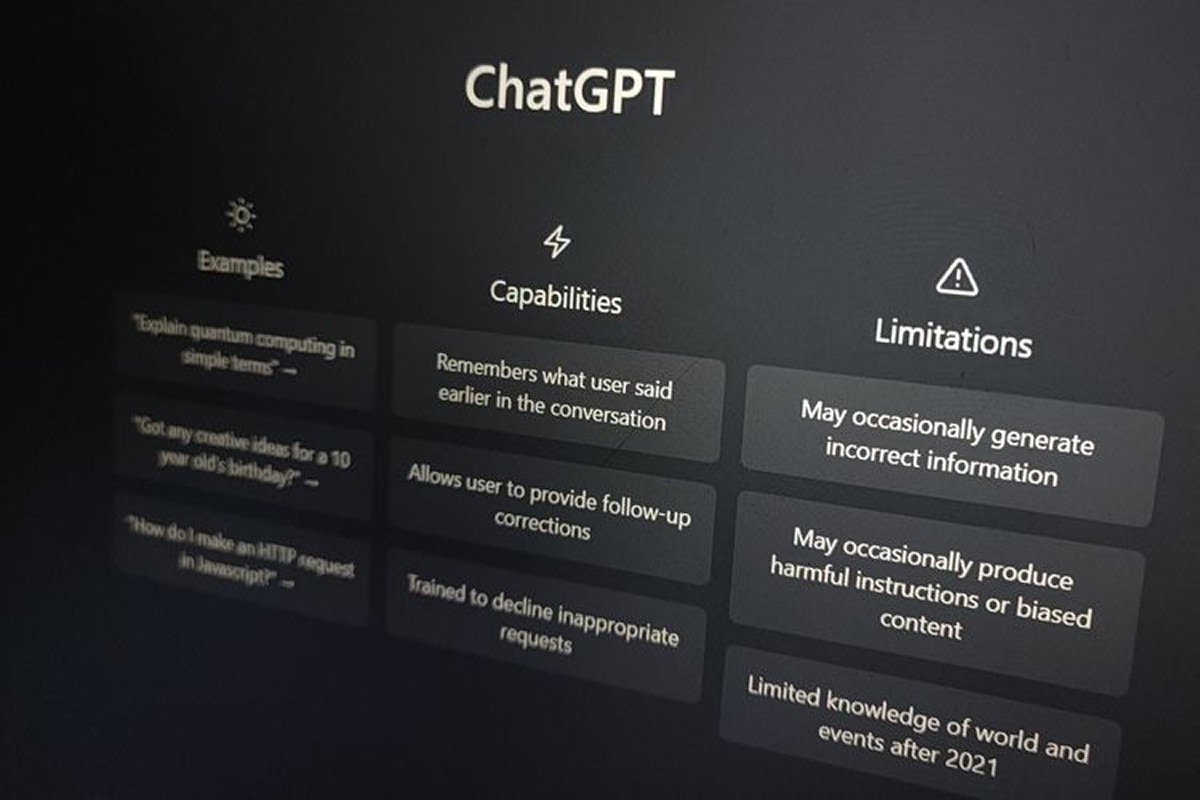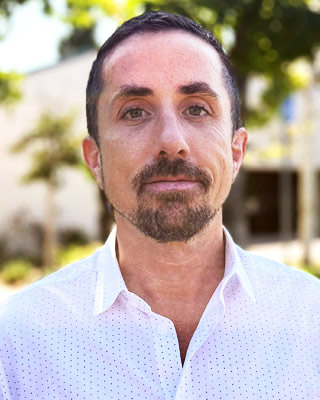Key Takeaways
- AI and ChatGPT are playing a growing role in mental illness awareness, especially during events like Mental Illness Awareness Week in October.
- ChatGPT can support conversations about mental health, but it cannot replace human connection or professional care.
- 12 South Recovery emphasizes expert, client-centered treatment while acknowledging how AI can encourage people to seek help sooner.
How AI is Shaping Mental Illness Awareness
Technology is moving into mental health, and one example is AI. Tools like ChatGPT are now being used to talk about stress, depression, and other challenges. This change raises questions about how AI should be used in mental health conversations. Mental Illness Awareness Week in October focuses on reducing stigma and starting honest discussions, and AI is now part of that effort. ChatGPT gives people a private way to ask questions and find information about mental health. At 12 South Recovery, we believe human care is irreplaceable, but we also see how AI can help people take the first step toward treatment.

The Role of AI in Mental Illness Awareness Week
Mental Illness Awareness Week is held every October to highlight the importance of mental health, provide education, and reduce stigma. Traditionally, awareness campaigns relied on events, community talks, and outreach programs. Now, AI tools like ChatGPT are adding another layer by making information more accessible to people online.
AI can expand the reach of awareness campaigns. Someone who might never attend an event can instead open their phone, ask ChatGPT a private question about anxiety or depression, and begin to feel less isolated. This accessibility gives more people the chance to connect with information that might lead them to professional care.
At 12 South Recovery, we see value in awareness efforts that connect people to treatment. AI cannot provide therapy, but it can guide individuals to the idea that help exists and encourage them to reach out.
How ChatGPT Supports Conversations About Mental Illness
One of the main ways ChatGPT contributes to mental health awareness is by making it easier to start a conversation. People often feel nervous or embarrassed about asking questions related to mental illness. ChatGPT provides a low-pressure option for those first steps.
Examples of support include:
- Offering definitions of mental health terms
- Explaining common conditions like depression, anxiety, or bipolar disorder
- Suggesting general coping strategies like breathing techniques or mindfulness
- Normalizing the idea that many people struggle with these issues
By lowering the barrier to entry, ChatGPT helps people put words to their experiences. This can reduce shame and encourage further conversation with friends, family, or professionals.
Benefits of Using ChatGPT for Mental Health Awareness
The benefits of using ChatGPT for mental health awareness include accessibility, privacy, and scalability.
- Accessibility: ChatGPT is available 24/7, providing immediate responses to questions about mental illness.
- Privacy: Users can ask questions without fear of judgment, which can help break the silence around mental illness.
- Scalability: AI can answer countless questions at the same time, making it a powerful tool for awareness campaigns.
When used responsibly, these strengths can support the overall mission of Mental Illness Awareness Week: starting conversations, breaking stigma, and encouraging treatment.
Limits of ChatGPT in Addressing Mental Health Needs
While AI tools provide information, there are limits of ChatGPT in addressing mental health needs. ChatGPT does not know the individual, cannot make a diagnosis, and should never be used as a substitute for therapy or medical advice.
Some of the risks include:
- Providing general information instead of personalized guidance
- Missing context about someone’s symptoms
- Giving advice that might not apply to a specific situation
These limitations highlight the importance of professional care. AI can begin the conversation, but healing requires human expertise. At 12 South Recovery, we provide individualized treatment guided by licensed clinicians who understand the complexity of each client’s experience.
Why Human Support is Still Essential Alongside AI
AI has potential, but human support is still essential alongside AI. Healing requires empathy, clinical judgment, and relational trust, things no computer can replace. A person in distress needs more than information; they need understanding, validation, and a safe space to grow.
At 12 South Recovery, clients work with trained therapists and doctors who offer care that adapts to changing needs. Therapies such as CBT, DBT, EMDR, and holistic approaches provide strategies that AI cannot replicate. AI may encourage someone to ask questions, but recovery depends on personal interaction and clinical guidance.
ChatGPT as a Tool During Mental Illness Awareness Week
During Mental Illness Awareness Week, campaigns aim to reach as many people as possible with resources and education. ChatGPT as a tool during Mental Illness Awareness Week means information can spread faster and reach broader audiences.
For example:
- Community groups can integrate AI into online campaigns.
- Individuals can privately ask ChatGPT questions about stigma or symptoms.
- Schools and organizations can use AI prompts to encourage conversations.
This doesn’t replace events or professional talks, but it adds another way to get people thinking about mental health and mental illness.
How Mental Health Professionals View AI in Awareness Campaigns
The medical and mental health community has mixed opinions about AI. How mental health professionals view AI in awareness campaigns depends on how it is used. Many clinicians agree that AI is helpful for awareness but should never take the place of treatment.
Concerns include misinformation, lack of nuance, and the risk of people relying on AI instead of seeking professional care. However, professionals also see the value of ChatGPT as a tool for spreading basic knowledge and making mental health conversations less intimidating.
At 12 South Recovery, we align with this balanced view. We see ChatGPT as a bridge that can lead people to evidence-based treatment, not as the treatment itself.
Future of AI in Mental Health Awareness and Education
Looking ahead, the future of AI in mental health awareness and education is likely to expand. AI could help identify themes in awareness campaigns, support educators in building resources, and even provide early screening prompts that guide individuals to professional care faster.
However, this future requires careful oversight. The goal is not to replace professionals but to use AI as a support tool that enhances public education and awareness. By combining innovation with ethical practice, AI can play a responsible role in mental health advocacy.
12 South Recovery remains committed to offering real, human-centered treatment while embracing new tools that may help more people reach our doors when they need us.
Reach Out to 12 South Recovery Today
AI may be changing how people talk about mental illness, but healing still happens through connection, therapy, and care. If you or a loved one has been struggling, don’t wait. At 12 South Recovery, our clinicians provide individualized treatment for both addiction and mental health.
Whether you need detox, residential care, outpatient treatment, or ongoing support, our physician-led team is here to guide you. Call 12 South Recovery today and take the first step toward healing.































